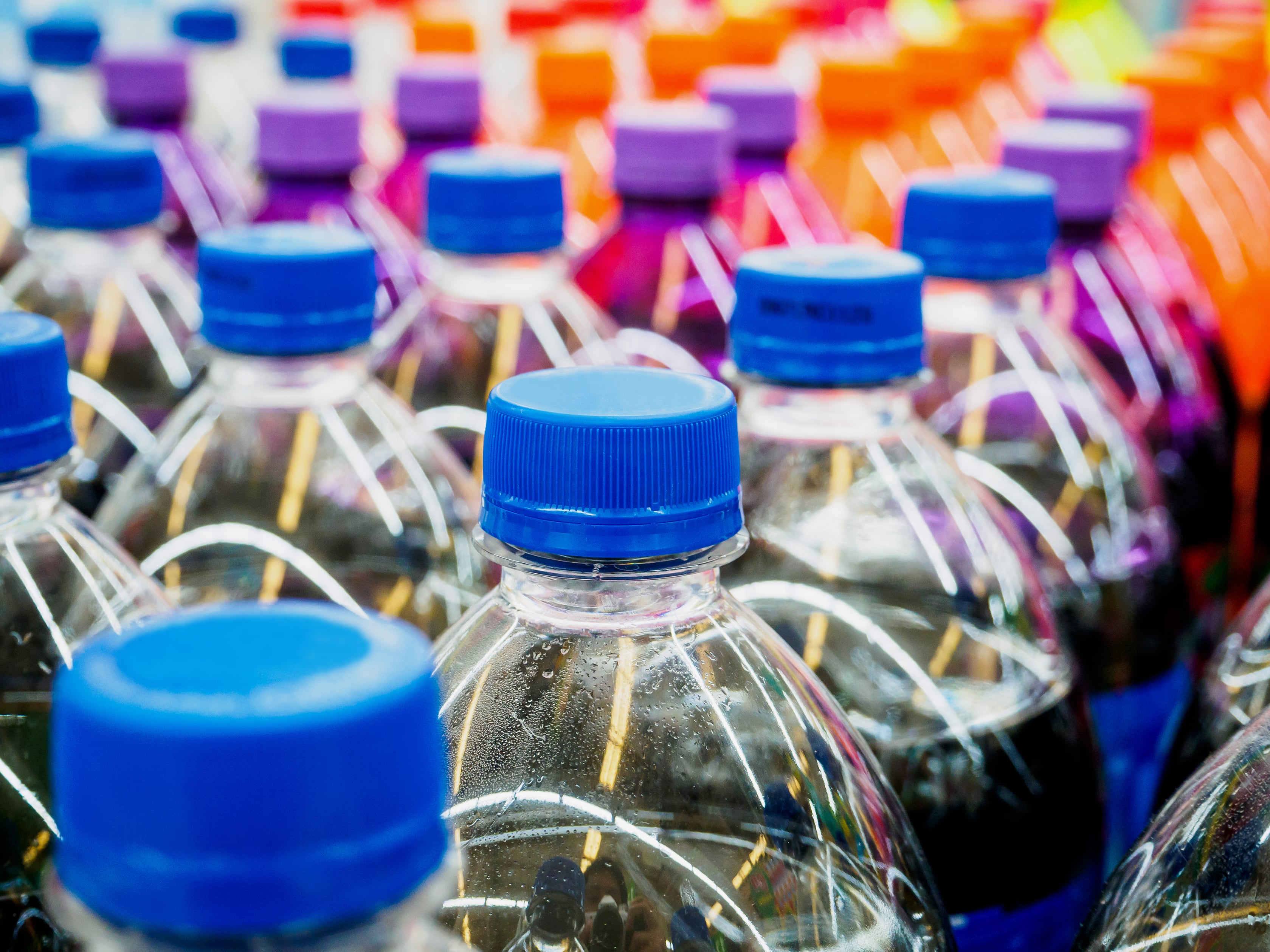Between ultra-processed food (UPF) litigation and states rolling out patchwork regulations, food and beverage brands are advised to brace for legal, compliance and operational pressures while a federal UPF definition is in the works, according to one legal expert.
In August, a federal judge in Pennsylvania dismissed a high-profile lawsuit from December 2024 brought by a teenager against Kraft, Mondelēz, Coca-Cola and others, who claimed their products were engineered to be addictive and caused health issues, like Type 2 diabetes. The judge cited a failure to link specific products to harm, according to Reuters.
Early strategies
Ultra-processed food litigation is still in its “early innings,” according to Amit Rana, partner at Venable. Plaintiffs, he said, are “kind of road testing out a few theories,” and while courts have expressed skepticism toward broad addiction claims, “narrower mislabeling and marketing claims remain very much alive.”
A uniform definition of UPFs is in its infancy as FDA and USDA’s joint request for information (RFI) approaches its deadline of Sept. 23. As of Sept. 17, the RFI received 121 comments.
Rana advised brands preparing for potential lawsuits should start with the basics:
- Audit front-of-pack claims for accuracy,
- Document R&D and formulation decisions, and
- Build substantiation files for any health-adjacent statements.
Such measures, he explained, can counter narratives about “secret engineering or food addictiveness” and help companies prepare for regulatory shifts at federal and state levels.
Despite growing attention on ultra-processed foods, Rana cautions that proactive reformulation is not broadly necessary, yet.
“Good governance for the companies is the best litigation strategy here,” he said. “Plaintiffs will love to argue that companies hid risk.”
Maintaining clear records and “having good governance on the front end is really going to be the best litigation defense on all these new theories that are being tested in the courts,” he added.
Will state-by-state legislation impact litigation?
The legislative landscape adds another layer of complexity. States like Texas and Louisiana are introducing new labeling and disclosure requirements. Texas’ SB 25 requires certain on-pack wording by 2027, while Louisiana’s SB 14 mandates QR code disclosures and bans certain ingredients in school meals.
California also banned certain additives outright.
“Food companies, unfortunately, have to deal with this kind of patchwork of state regulations,” which “create a more complex operational burden,” Rana said.
Rana advises brands establish “good hygiene on the compliance side” by mapping out their portfolio, audit claims and develop substantiation files, as a means of caution “regardless of where the federal government goes.”




